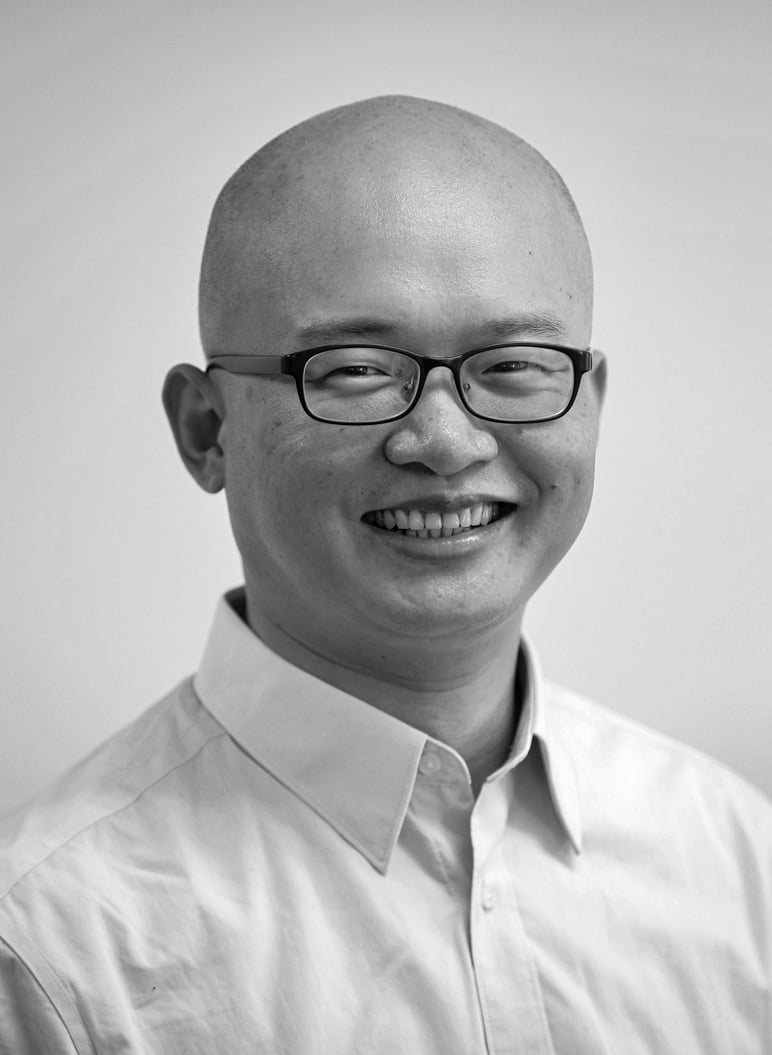
China can dispel the ‘four curses’ for the country’s youth via economic liberalisation
- Refusing to participate in a vicious rat race, many young Chinese people have chosen to ‘lay flat’
- The best way to dispel these curses is to provide people with more opportunities by rolling back suffocating state intervention in the economy
The fate of most of China’s Gen Z, those in their 20s and 30s, is said to be in the shadow of “four curses”, namely Juan (involution), Tang (laying flat), Run (fleeing the country) or Xian (venting anger and frustration at other innocents).
In general, this can be seen as a reflection of the current pessimism and cynicism among the country’s youth amid a post-pandemic economic slowdown, rising unemployment and social ossification.
The concept of “involution” is used to describe shrinking opportunities in a highly competitive society. This summer, China’s 12 million college graduates will have to face “involution” as the number of good jobs available will be fewer than the number of those chasing them.
This compares with their parent’s generation, when a bachelor’s degree from an ordinary university was probably enough to secure a good job offer. In 2024, even a master’s degree from a top Chinese school is not a guarantee of a secure career path. Meanwhile, China’s gig economy and “involution” has pushed many employees into extremely-long working hours.
Refusing to participate in a vicious rat race, many young people have chosen to “lay flat”. This passive lifestyle is known as the “four no’s” – namely no dating, no marriage, no kids and no plan to buy a flat. According to one survey in the southern city of Guangzhou, one in 10 Chinese youths intends to follow the “four no’s” lifestyle.
Tsinghua University offers ‘disruptive tech’ programme to undergraduates
To the dismay of Chinese authorities, there are signs that the “laying flat” attitude is rising across Chinese society. Some private entrepreneurs have chosen to “lay flat” by swerving new investments or even shrinking business operations. It is also a fact that some government officials have chosen to “lay flat” by avoiding new initiatives.
Some scholars say the “laying flat” phenomenon is essentially a quiet protest at, or passive resistance to, a highly-controlled system.
Then comes the third keyword of Run, or fleeing the country. While the migration of Chinese citizens to other parts of the world has been in effect for years, the trend has picked up significant momentum in the wake of China’s draconian Covid-19 lockdowns in cities like Shanghai and Shenzhen in 2022.
While the ratio of emigrants to China’s total population remains tiny, those who do flee are often the cream of the crop, taking with them wealth, expertise and influence.
For the great majority of Chinese youth, the last curse of Xian is particularly ominous.
Xian is derived from the name of Zhang Xianzhong, a merciless peasant warlord in the 17th century who took pleasure from hurting innocent people. During Zhang’s brief rule of terror in Sichuan province, he slaughtered millions with extreme brutality.
While few would go to the extremes of physically attacking innocents in today’s China, irrational hatred against perceived enemies or targets is gaining momentum. The targeting of businesses and individuals online is a particular concern. The recent online campaign to search for “Japanese elements” in graphics and design is an example, with the Nongfu Spring water brand cancelled for alleged use of Japanese elements in its product labelling.
The four “curses” are not strictly defined sociological terms but rough descriptions of social psychology. Their significance, however, should not be overlooked as they reflect China’s economic and social problems.
Sometimes they are fermented by policy missteps. For instance, China virtually banned private tutoring overnight, and the crackdown threw tens of thousands of talented young people out of jobs. As a result, some of them have had to look for jobs in other fields or accept defeat and “lay flat”. Those with the means have “Run” while some have joined online trolling to vent their anger and become part of Xian.
The best way to dispel these curses is to provide people with more opportunities by rolling back suffocating state intervention in economic activities and to create a more tolerable social atmosphere.
If China can move decisively to deepen economic liberalisation and open further, there will be more opportunities and less competition for fewer jobs. Only then will fewer people choose to lay flat, flee, or stay angry.

